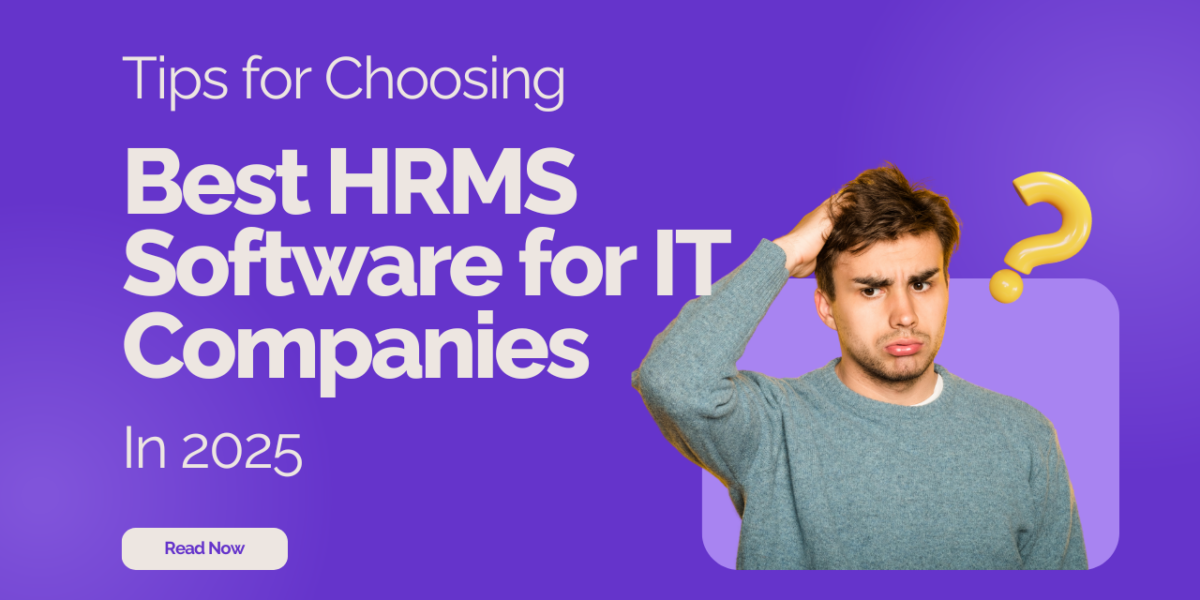Odoo vs ERPNext: A Mega Comparison

When it comes to choosing the right ERP system for your business, two names often come up: Odoo and ERPNext. Both are powerful, open-source ERP solutions designed to help businesses manage their operations efficiently. But how do you decide which one is the best fit for your needs? In this article, we’ll explore the differences between Odoo and ERPNext, focusing on their features, flexibility, and overall ease of use. We’ll also look at how Odoo implementation can transform your business, making it a popular choice among companies worldwide.
What is Odoo?

Odoo is a comprehensive suite of business applications that covers all your company’s needs, from CRM to inventory management, accounting, human resources, and more. What makes Odoo stand out is its modular approach, allowing businesses to start with what they need and scale up as they grow. With Odoo ERP, you can integrate various functions into one system, streamlining operations and improving efficiency.
What is ERPNext?

ERPNext is another open-source ERP solution that offers a range of features similar to Odoo. It’s designed to be simple yet powerful, making it a popular choice for small and medium-sized businesses. ERPNext covers modules like sales, purchasing, accounting, inventory, and HR, much like Odoo. However, its approach is more straightforward, often appealing to those who prefer a less complex system.
Key Differences Between Odoo and ERPNext

- Flexibility and Customization
- Odoo: One of Odoo’s biggest strengths is its flexibility. Odoo allows extensive customization to fit the specific needs of your business. Whether it’s adding custom fields, modifying workflows, or integrating with other software, Odoo ERP can be tailored to match your business processes. This makes Odoo implementation highly adaptable, suitable for businesses of all sizes and industries.
- ERPNext: While ERPNext also offers customization, it’s generally more limited compared to Odoo. ERPNext focuses on simplicity, which can be a benefit for businesses looking for an out-of-the-box solution without needing extensive customization. However, this may not be enough for companies with more complex needs.
- User Interface and Experience
- Odoo: Odoo boasts a modern, user-friendly interface that makes navigation easy, even for those who are not tech-savvy. The clean design and intuitive layout enhance the user experience, which is crucial during Odoo implementation, as it reduces the learning curve for employees.
- ERPNext: ERPNext’s interface is simpler but less polished compared to Odoo. While it gets the job done, it might not offer the same level of user experience, particularly for businesses looking for a more sophisticated interface.
- Community and Support
- Odoo: Odoo has a large and active community of developers and users, which means that there are plenty of resources, forums, and third-party apps available. This is a huge advantage when implementing Odoo ERP, as it ensures that help is readily available. Additionally, Odoo offers both a free Community edition and a paid Enterprise edition, catering to different business needs.
- ERPNext: ERPNext also has a dedicated community, but it’s smaller than Odoo’s. While there is still support available, it might not be as extensive. ERPNext is completely open-source, which means there’s no paid version, but this can sometimes mean fewer features compared to Odoo’s Enterprise edition.
- Cost
- Odoo: The cost of Odoo implementation depends on the edition and the number of users. The Community edition is free, while the Enterprise edition comes with a licensing fee, offering additional features and support.
- ERPNext: ERPNext is generally more affordable, with no licensing fees since it’s fully open-source. This can be a deciding factor for startups or small businesses with tight budgets.
Which One Should You Choose?

The choice between Odoo and ERPNext ultimately depends on your business’s specific needs. If you require a highly customizable, scalable solution with a modern interface and extensive support, Odoo ERP might be the better option. On the other hand, if you’re looking for a simpler, more affordable solution, ERPNext could be the right fit.
However, for businesses looking to grow and scale, the flexibility and range of features offered by Odoo ERP make it a more future-proof choice. Odoo implementation can be customized to match your business’s evolving needs, ensuring that your ERP system grows with you.
How Odiware Can Help with Odoo Implementation

Choosing the right ERP system is just the first step. Implementing it correctly is crucial to getting the most out of your investment. That’s where Odiware comes in. As experts in Odoo implementation, we help businesses like yours smoothly transition to Odoo ERP, ensuring that it’s tailored to your specific requirements.
From initial consultation to customization and ongoing support, Odiware is with you every step of the way. Our team ensures that your Odoo ERP implementation is seamless, efficient, and aligned with your business goals.
Contact Odiware Today!
Ready to take your business to the next level with Odoo ERP? Contact Odiware at
- Mail: sales@odiware.com
- Phone Number: +91 86608 65440
- Website: https://www.odiware.com/
visit our website to learn more about how we can help you implement Odoo and unlock your business’s full potential.




